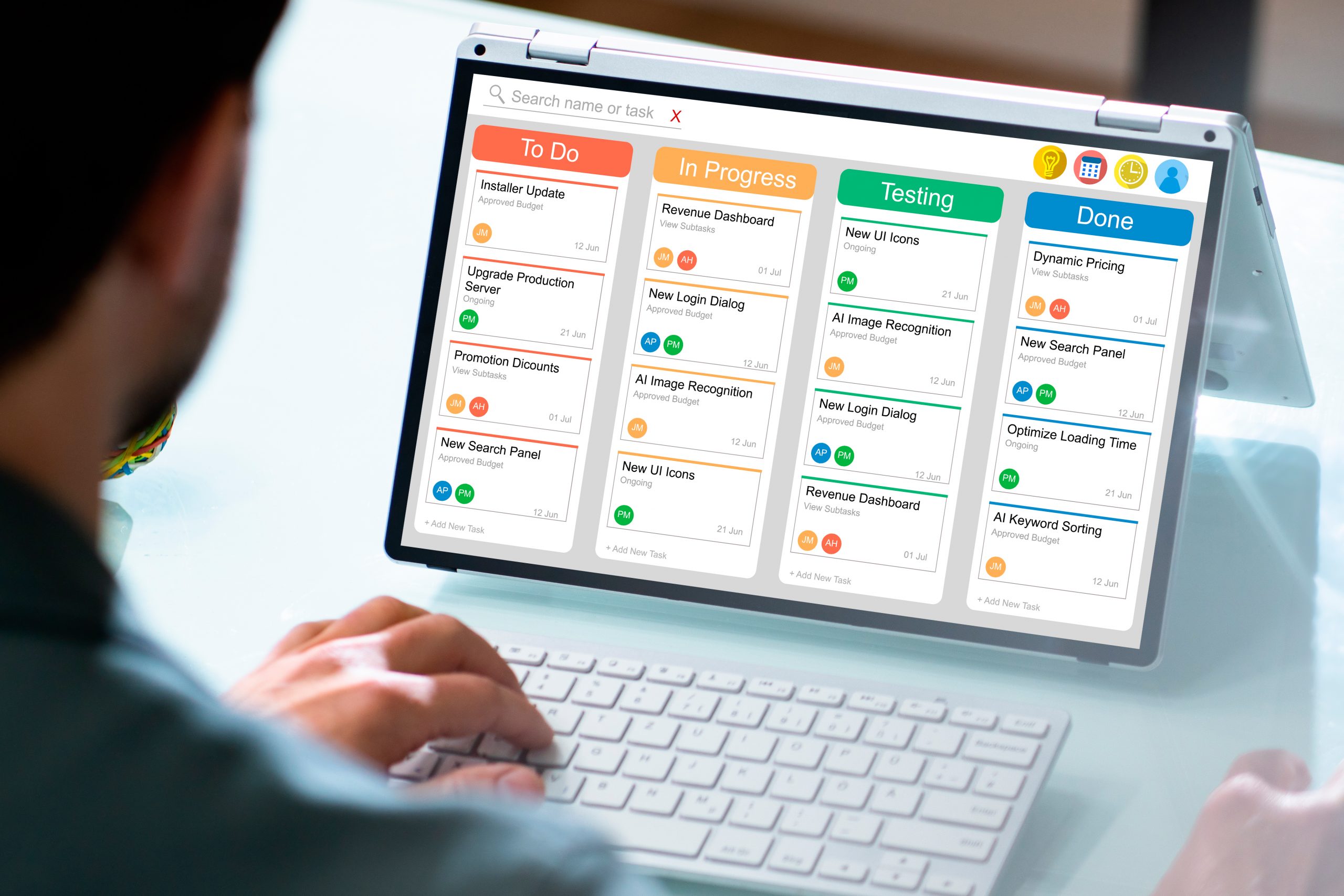Hybrid Professionals and How To Survive In The Field
The reality of the workforce today is that it demands hybrid professionals, defined by experts as those who have specialized training and transversal knowledge, often acquired through short courses on specific topics.
Hybrid professionals are characterized by their versatility and a continuous desire to learn as their situation demands it. They see changes as opportunities for progress, not as obstacles.
The job market is a living organism. Along with the dizzying changes in technology, companies have found it necessary to transform and accept new digital trends so as not to be left behind in an increasingly competitive world.
This means that gone are the days of professionals being scheduled to do a single specific task in the same exact way every day. There is so much demand now that in order for a company to thrive, all of its employees need to be current with the times and willing to adapt.
Cambridge Institute highlights the skills and attitudes that will make competitive professionals stand out, these are the qualities that prove they are capable of providing added value, not only to the organization, but to their own profile:
- Flexible and adaptable: Companies need flexible, versatile professionals who carry out their work in constantly changing situations and who have the ability to learn.
- Organized people: The pandemic posed an unthinkable scenario for all economic sectors. Teleworking became the modality that avoided a total interruption of work activities. Therefore, it forced professionals to have a better organization and optimization of time, so that productivity was not impaired.
- Technological and digital competence: Currently, knowledge in artificial intelligence, big data and cybersecurity will be a differentiating factor in any organization.
- Creative and innovative people: No matter how technical or robotic some tasks have become, creativity and innovation will continue to be exclusively human values. It is in the hands of each professional to turn these qualities into their best allies.
- Discipline and responsibility: In addition to flexibility, leadership and adaptability, new professionals must be characterized by being disciplined and responsible, always seeking new knowledge through constant academic training.
- Knowledge of languages: The use of other languages will always be a powerful tool for differentiation and versatility, because in an increasingly connected world, mastering a foreign language will allow the most experienced professionals to make borders invisible.
Hybrid professionals will create their own opportunities in a job market that is undergoing permanent transformation. Short courses increasingly contribute to the strengthening of digital skills and the deepening of humanistic knowledge.
